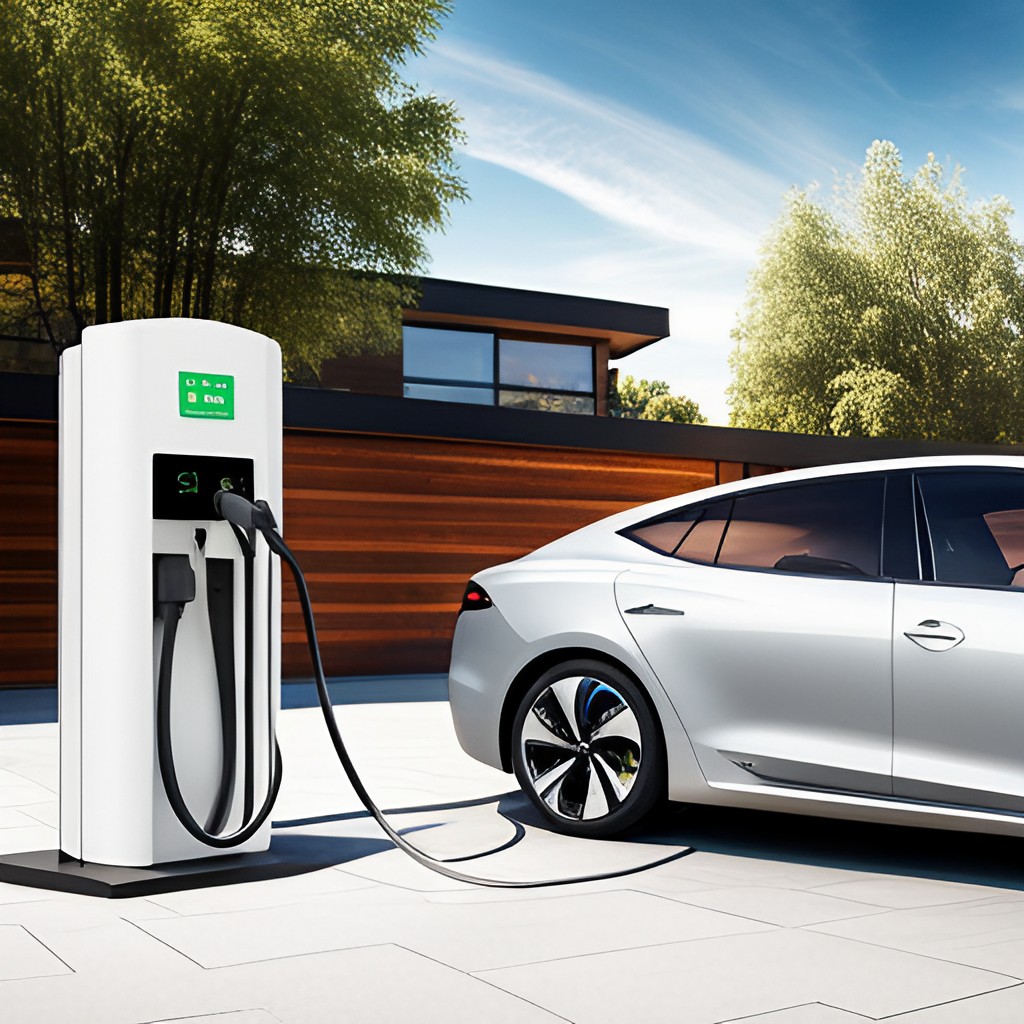Solar energy is transforming how we power our world, and next-generation solar batteries promise to make this transformation even more revolutionary.
This blog post delves into the exciting advancements in solar battery technology. If you have any inquiries concerning where by and how to use solar panel for Rv Battery charging, you can speak to us at the web site. We’ll explore how these innovations are making solar energy more efficient, reliable, and accessible
Introduction to Solar Batteries

Batteries for solar panels store energy from solar panels for later use. They are essential for making solar power a reliable energy source. Traditional batteries have limitations that next-generation models aim to overcome.
Why Solar Batteries Matter
Solar batteries are crucial for several reasons:
- Energy Storage: They store solar energy for use when the sun isn’t shining.
- Grid Independence: They allow for off-grid living and reduce dependency on public utilities.
- Energy Efficiency: They increase the efficiency of solar power systems.
Limitations of Traditional Solar Batteries
Traditional batteries, such as lead-acid and lithium-ion, have several drawbacks:
- Limited Lifespan: These batteries need frequent replacements.
- Low Efficiency: They lose significant energy during storage and discharge.
- Environmental Concerns: Disposal can be problematic and harmful to the environment.
What Are Next-Generation Solar Batteries?
Next-generation solar batteries aim to address the shortcomings of traditional models. They employ advanced technologies to offer better performance, longer lifespan, and higher efficiency.
Types of Next-Generation Solar Batteries
There are several types of next-generation solar batteries making waves in the industry. Let’s explore each type:
Solid-State Batteries
Solid-state batteries replace the liquid electrolyte with a solid material. This change offers several benefits:
- Higher Energy Density: They can store more energy in a smaller space.
- Longer Lifespan: They degrade slower than traditional batteries.
- Safety: They are less likely to overheat or catch fire.
Lithium-Sulfur Batteries
Lithium-sulfur batteries have higher energy density than lithium-ion batteries. They can store more energy and last longer. However, they are still in the development phase and face challenges like short lifespan and efficiency loss.
Flow Batteries
Flow batteries store energy in liquid electrolytes contained in external tanks. They offer several advantages:
- Scalability: Easy to scale up for larger energy storage needs.
- Long Lifespan: Lower degradation compared to traditional batteries.
- Efficiency: Better energy retention over long periods.
Metal-Air Batteries
Metal-air batteries use metals like zinc or aluminum and oxygen from the air to produce electricity. They offer high energy density and are lightweight. However, they are still in the research stage and face challenges related to rechargeability and efficiency.
Sodium-Ion Batteries
Sodium-ion batteries use sodium instead of lithium. Sodium is more abundant and cheaper. These batteries offer a cost-effective alternative but currently have lower energy density and efficiency compared to lithium-ion batteries.
Benefits of Next-Generation Solar Batteries
Next-generation solar batteries offer multiple benefits:
- Higher Efficiency: Less energy loss during storage and discharge.
- Longer Lifespan: Reduced frequency of replacements.
- Environmental Friendliness: Easier to recycle and less harmful to the environment.
- Better Performance: Improved performance in extreme temperatures and conditions.
Real-World Applications
Next-generation solar batteries are being used in various applications:
Residential Use
Many homeowners are adopting next-generation solar batteries for energy storage. These batteries provide a reliable power source and reduce electricity bills.
Commercial Use
Businesses are also leveraging these advanced batteries. They help companies meet sustainability goals and lower operational costs.
Grid Storage
Next-generation batteries are being integrated into the grid. They help stabilize the grid and store excess energy produced from renewable sources.
Electric Vehicles
Electric vehicle (EV) manufacturers are exploring next-generation batteries. These batteries offer longer ranges and shorter charging times, making EVs more practical and attractive to consumers.
Challenges and Considerations
Despite their promise, next-generation solar batteries face several challenges:
- Cost: High initial investment is a barrier for widespread adoption.
- Scalability: Some technologies are not yet scalable for large-scale use.
- Research and Development: Ongoing R&D is needed to overcome technical hurdles.
The Future of Solar Batteries
The future looks bright for next-generation solar batteries. Continuous advancements are being made to improve their efficiency, lifespan, and affordability. Industry experts predict that these batteries will become mainstream within the next decade.
Government Support
Governments worldwide are investing in renewable energy research. Policies and incentives are being introduced to promote the adoption of next-generation solar batteries.
Market Trends
The market for advanced solar batteries is growing rapidly. Increased demand for clean energy solutions is driving innovation and competition, leading to better and more affordable options.
Conclusion
Next-generation solar batteries are set to revolutionize the energy landscape. They offer numerous advantages over traditional batteries, making solar energy more viable and efficient. As technology advances and costs decrease, these batteries will play a crucial role in the global transition to renewable energy.
Embrace the future of clean energy by staying informed about the latest developments in solar battery technology. The potential for a sustainable and energy-efficient world is within our reach.

